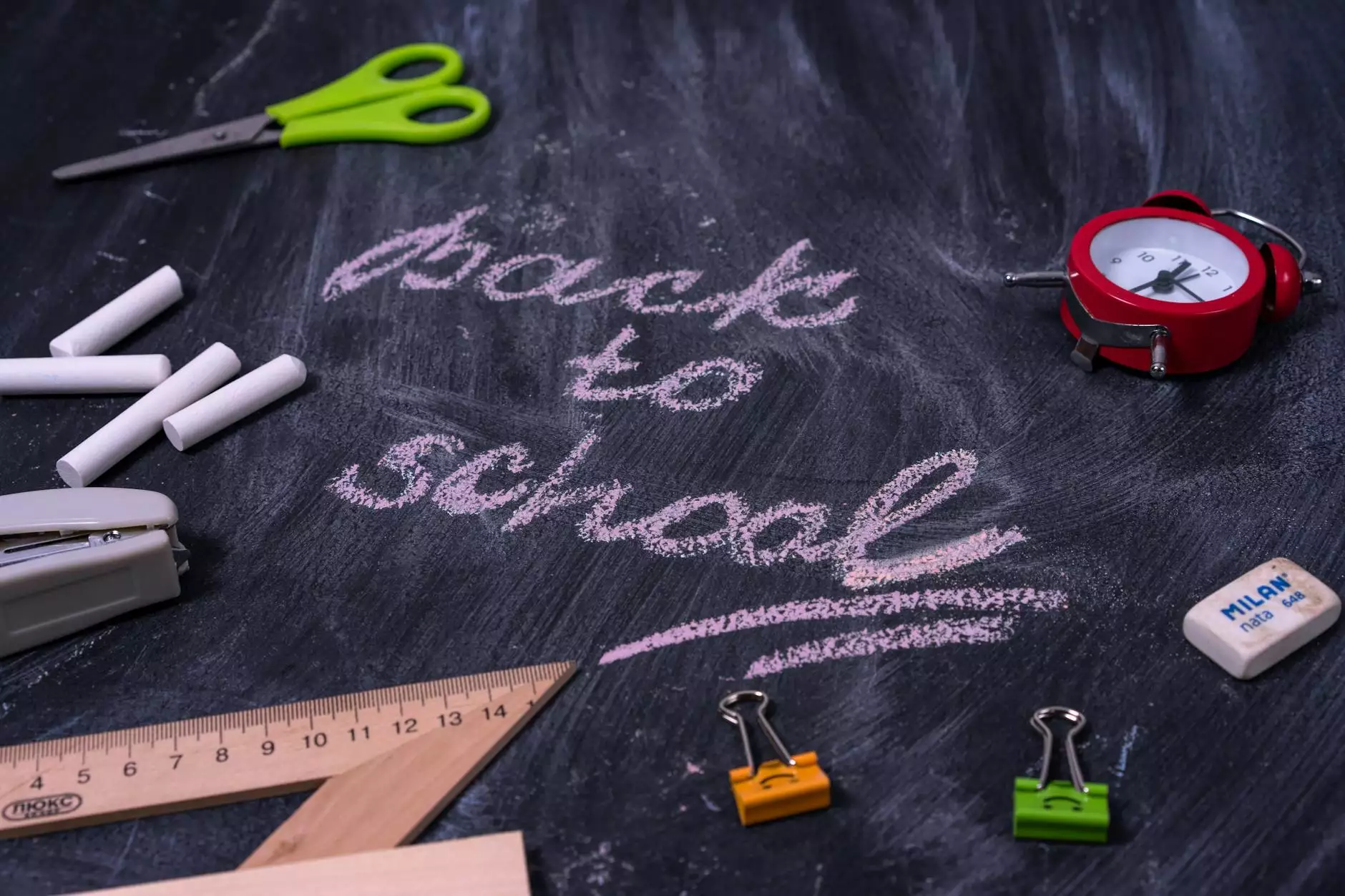Back to School in 2021: Health and Safety Tips from a Preschool Administrator

Introduction
Welcome to The Knowledge Nest's comprehensive guide on back-to-school health and safety tips for 2021. As a trusted preschool administrator, we understand the importance of prioritizing the well-being of your children in the ever-changing landscape of the new normal.
Preparing for a Safe Return
Returning to school may bring a mix of excitement and concerns for parents and children alike. To ensure a safe transition, we have compiled a list of essential health and safety tips:
Maintain Good Hygiene Practices
Teaching children the importance of proper hygiene is crucial to minimize the risk of spreading germs. Encourage regular handwashing with soap and water for at least 20 seconds. Remind children to cover their mouths and noses with a tissue or their elbow when coughing or sneezing.
Prepare a Healthy Diet
A well-balanced diet plays a significant role in strengthening the immune system. Provide nutritious meals and snacks that include a variety of fruits, vegetables, whole grains, and lean proteins. Limit sugary and processed foods that can negatively impact your child's health.
Get Vaccination Up-to-Date
Ensure your child's vaccinations are up-to-date according to the recommendations provided by healthcare professionals and authorities. Vaccinations protect children from preventable diseases and help maintain a safer school environment.
Implement Physical Distancing Measures
Follow the guidelines provided by your local health authorities to maintain physical distancing within the school premises. Educate children about the importance of personal space and avoiding close contact with their peers. Promote outdoor activities when possible and limit larger gatherings.
Promote Regular Cleaning and Disinfection
Cleaning and disinfecting frequently-touched surfaces are essential to minimize the risk of transmission. Ensure that classrooms, common areas, and frequently used objects like toys and stationery are regularly cleaned and disinfected. Encourage proper hand hygiene before and after using shared items.
Supporting Mental and Emotional Well-being
Aside from physical health, it's essential to support your child's mental and emotional well-being during these challenging times. Here are some strategies to consider:
Establish Open Communication
Create a supportive environment where your child feels comfortable expressing their thoughts and concerns. Encourage open and honest conversations about their feelings and help validate their emotions. Offer reassurance and let them know that it's normal to experience various emotions during unprecedented situations.
Strengthen Resilience
Teach your child coping mechanisms to build resilience in the face of uncertainty. Encourage them to engage in activities they enjoy, practice mindfulness techniques, and maintain a healthy balance between schoolwork and relaxation. Foster a sense of optimism by highlighting positive aspects of their daily lives.
Encourage Social Connections
Social connections play a vital role in your child's mental well-being. Help them stay connected with friends and family members through safe means, such as virtual hangouts or outdoor activities with proper precautions. Encouraging positive peer interactions can combat feelings of isolation or loneliness.
Collaborating with Educators and Administration
Building a strong partnership with educators and school administrators can contribute to a successful and safe school environment. Consider the following:
Stay Informed about School Policies
Regularly check the school's website or communications for updates on health and safety protocols. Be knowledgeable about the measures being taken by the school and the specific guidelines set by educational authorities to ensure your child's safety.
Communicate with Teachers and Administration
Establish open lines of communication with your child's teachers and administrators. Share any concerns or questions you may have regarding health and safety practices. Actively participate in parent-teacher conferences and engage in dialogue about your child's well-being.
Support Fundraising Efforts
Many schools are facing additional financial challenges due to the COVID-19 pandemic. Participate in fundraising initiatives organized by the school community to support the implementation of necessary health and safety measures.
Conclusion
As we navigate the uncertainties of returning to school in 2021, The Knowledge Nest is committed to providing valuable health and safety information for parents and caregivers. By implementing the tips and guidelines outlined in this guide, we can prioritize the well-being of our children in this ever-changing world. Together, let's create a safe and enjoyable learning environment for every student.
For more educational resources and helpful insights, visit The Knowledge Nest's blog.









